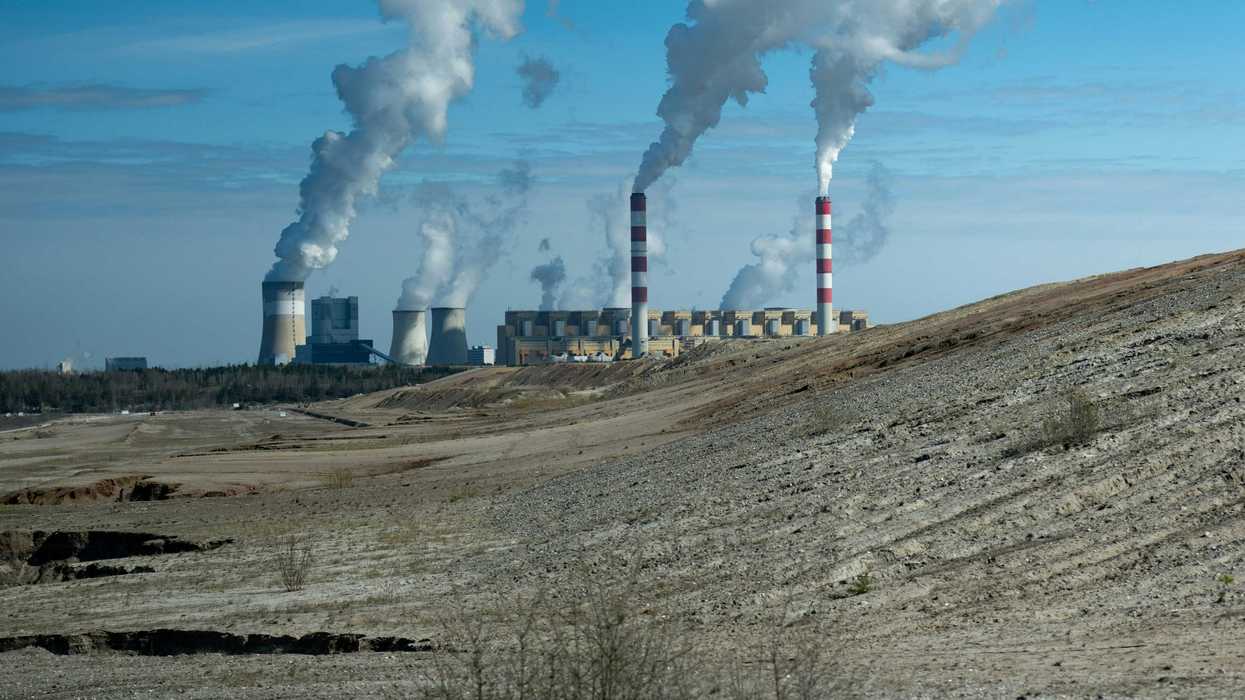The elderly population worldwide will face increased risk from extreme heat due to climate change and demographic shifts by 2050, warns a new study.
Alejandra Borunda reports for NPR.
In short:
- The number of older people exposed to chronic and acute heat will grow by about 200 million by mid-century.
- Effective climate action and protection plans can reduce the intensity of heat risk for the aging population.
- In the U.S., around 30 million people currently face chronic heat exposure, with projections indicating 20% of the population will be affected by 2050.
Key quote:
"The heat that elderly individuals are exposed to throughout the year could grow up to five-fold, on a global scale."
— Giacomo Falchetta, researcher at the ECIP division of the Euro-Mediterranean Center on Climate Change
Why this matters:
As the global population ages, climate change amplifies health risks, particularly for older adults. Climate action and policy interventions to protect vulnerable populations can help to mitigate these risks but political obstacles slow meaningful action. Read more: Climate change and an aging population.














